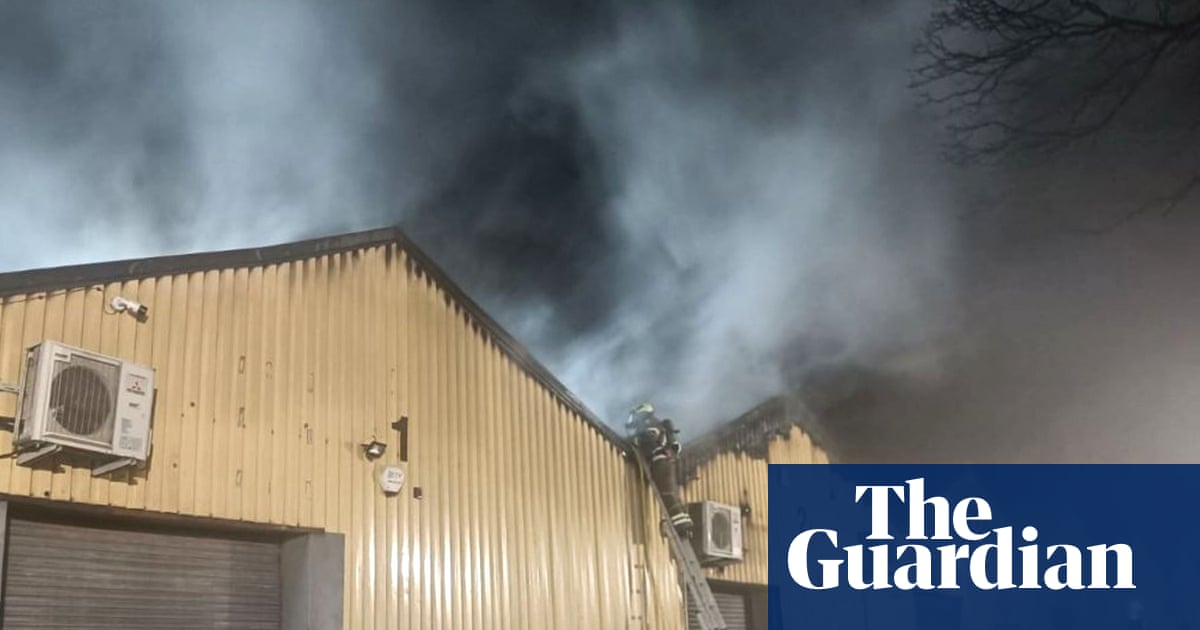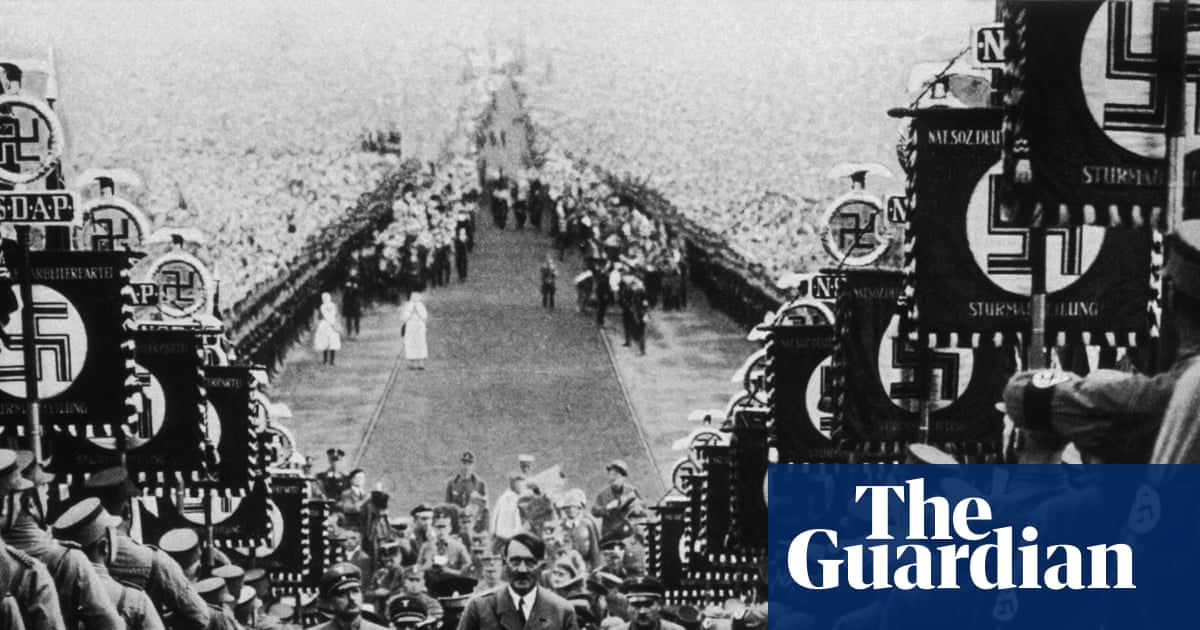Bacon and ham sold in the UK should carry cigarette-style labels warning that chemicals in them cause bowel cancer, scientists say.
Their demand comes as they criticise successive British governments for doing “virtually nothing” to reduce the risk from nitrites in the decade since they were found to definitely cause cancer.
Saturday marks a decade since the World Health Organization in October 2015 declared processed meat to be carcinogenic to humans, putting it in the same category as tobacco and asbestos.
Nitrites are chemicals that are added to bacon and ham during processing to cure and preserve them and give them their pink colour, despite gathering scientific evidence that they are harmful.
“Inaction” to curb use of the compounds in the UK since the WHO’s declaration has resulted in 54,000 Britons developing bowel cancer, which has cost the NHS £3bn, experts claim.
Four of the scientists behind the warning about processed meat issued by the WHO’s International Agency for Research on Cancer (IARC), and other experts, have written to Wes Streeting, the health secretary, urging him to take bold action to reduce the danger nitrites pose, in a letter organised by the Coalition Against Nitrites.
Streeting should mandate that the estimated 90% to 95% of packets of bacon and ham sold in Britain that contain the chemicals – some brands are nitrite-free – display such warnings and order food producers to phase them out of processed meat production over the next few years, they say.
“Consumers deserve clear information. Most people don’t realise that the WHO classifies nitrite-cured meats like bacon and ham in the same carcinogenic category as tobacco and asbestos,” said Denis Corpet, an emeritus professor of food safety and nutrition at Toulouse University and one of the four scientists.
“Ministers have a responsibility to protect public health and reduce the risk of bowel cancer linked to these products and so should introduce mandatory warning labels on product packaging similar to ‘smoking kills’ on cigarettes.”
The IARC said in 2015 that: “An analysis of data from 10 studies estimated that every 50 gram portion of processed meat eaten daily increases the risk of colorectal [bowel] cancer by about 18%.”
The World Cancer Research Fund (WCRF), which assesses evidence for preventing and treating the disease, said there is no doubt that processed meat leaves people at greater risk.
“There is clear evidence that consuming processed meat increases the risk of colorectal cancer,” said Kate Oldridge-Turner, the charity’s head of policy and public affairs.
“This is through a complex set of reactions occurring in the body when processed meat is eaten, including the nitrites added during processing forming carcinogenic chemicals.”
She did not back the scientists’ call for warning labels. But she did advise that “dietary guidelines and standards should reinforce limited consumption of all types of processed meat and steps should be taken to increase availability of healthy foods, especially in public settings such as schools”.
Prof Chris Elliott, an ex-government adviser on food safety and another of the letter’s signatories, said: “A decade on from the WHO report, the UK government has done virtually nothing to reduce exposure to nitrites, the curing agents that makes these products pink and long-lasting but also create nitrosamines, compounds known to trigger cancer.
“Every year of delay means more preventable cancers, more families affected and greater strain on the NHS.”
The Department of Health and Social Care have been asked for their response.

.png) 4 hours ago
4
4 hours ago
4

















































